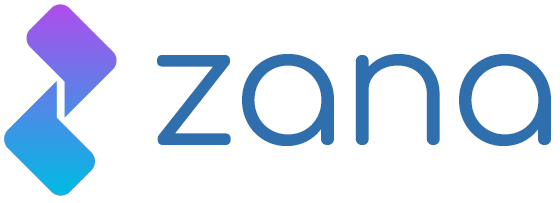Echinacea allergy warning for children under 12
‘Echinacea remedy is not for children under 12’, BBC News reports, while the Daily Mail tells us that echinacea can ‘trigger allergies’ in kids. The news is based on a press release issued by...
‘Echinacea remedy is not for children under 12’, BBC News reports, while the Daily Mail tells us that echinacea can ‘trigger allergies’ in kids.
The news is based on a press release issued by the Medicines and Healthcare products Regulatory Agency (MHRA) advising parents and carers not to give oral herbal products containing echinacea to children younger than 12 years. The warning has been issued due to the risk of rare allergic reactions the MHRA says ‘may sometimes be severe’ in this age group.
The MHRA says that licensed echinacea products that were registered for use in children aged 6 to 12 are having their product information updated and any available stock will have new labels added that contain this updated information. However, the MHRA warns that there are an unknown number of unlicensed versions of echinacea products and it urges that these are similarly labelled.
A spokesperson for the MHRA has said that the measure was ‘precautionary in nature’ and that ‘parents should not worry if they have given echinacea to children under 12 in the past’.
What is the MHRA advice?
The MHRA says that children younger than 12 years should not be given oral herbal products containing echinacea. It has advised that adults and children older than 12 years can continue taking echinacea because the risks of any side effects are reduced due to older children and adults weighing more and in general having fewer colds.
The MHRA has advised people wishing to take traditional herbal remedies to look for products with a traditional herbal registration (THR) which can be identified by a THR number or logo on the product’s label.
Currently there are only four products containing echinacea that were licensed for children under 12. These were:
- Echinaforce Junior Cold & Flu Tablets (advice already updated)
- Echinaforce Chewable Cold & Flu Tablets (advice already updated)
- Echinaforce Tablets (labels amended soon)
- Echinaforce Echinacea Drops (labels amended soon)
The MHRA has also asked that all unlicensed echinacea products available in the UK be updated with packaging clearly stating that they should not be taken by children younger than 12 years.
What is the basis for these current reports and what is the new advice?
The MHRA is the government agency in England responsible for ensuring that medicines and medical devices work and are safe for use. The press release has been issued by the MHRA following precautionary advice from the European Herbal Medicinal Products Committee and the UK Herbal Medicines Advisory Committee. According to the press release, both organisations considered echinacea in children younger than 12 years to present a low risk of rare allergic reactions that could be severe. They found that the perceived benefits of products containing echinacea were not outweighed by potential risks in this age group. According to the press release, the possible side effects of oral echinacea products for those younger than 12 years can be:
- allergic reactions such as skin swelling, hives or rashes
- swelling of the skin
- swelling of the facial area
- shrinking of the airways in the lungs
- asthma and anaphylactic shock
Are all herbal and natural medicines safe?
The short answer is no. Just because a substance is natural it does not necessarily mean that it is safe for use in humans. Herbal remedies or herbal medicines are made up of plants, trees and fungi which can potentially be poisonous to humans. As with any other medicine, they should be used with care while ensuring they are the correct products to take. The MHRA highlight three points for people to be aware of if they are taking, or planning to take, herbal remedies:
- Herbal remedies are essentially medicines which could interact with other medication you may be taking, causing problems.
- Some people may experience a bad reaction or side-effects as a results of taking a herbal remedy.
- A traditional herbal registration (THR) marking on the product packaging means that these herbal remedies have been assessed against quality standards. For these products, information is provided about how and when to use the herbal remedy.
Any parents or carers with concerns should ask their GP or pharmacist for advice.
Analysis by *NHS Choices. Follow Behind the Headlines on twitter*.







 Subscribe
Subscribe Ask the doctor
Ask the doctor Rate this article
Rate this article Find products
Find products